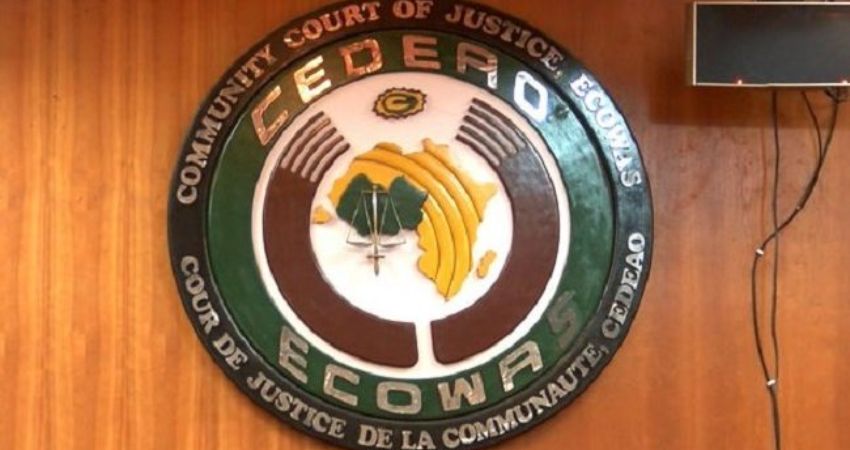Nigeria and other West African countries battling terrorism will receive support from a standby force to be formed by the Economic Community of West African States (ECOWAS).
The regional economic block expressed worries about the deepening terrorism in the Sahel region.
It unveiled plans on Tuesday to raise $2.4 billion for the establishment of the standby force.
ECOWAS Commissioner in charge of Political Affairs, Peace and Security, Ambassador Abdel-Fatau Musah, broke the news in Abuja on Tuesday.
He said: “If you look at our region, it is being ravaged by terrorists. Today, Burkina Faso has overtaken Afghanistan as the most-terrorised state on earth and Africa has become home to terrorist organisations.

“Elsewhere in the world, there are opportunistic terrorists attacks like we saw in some countries not too long ago.
We are faced with the nightmare of having one of our member states being completely occupied by terrorist groups.
“If they set up a front base in one country then no country is safe, and we have already seen the impact of that on some of the coastal countries – Benin, Togo, Ghana and Cote d’voire– over the past few years.
The ECOWAS commissioner, however, said Nigeria has been able to degrade the Boko Haram terrorists.
“In Nigeria, thanks to the efforts of the Nigerian Government, Boko Haram has been degraded to the extent that they do not post a sustainable threat to the peace and security of Nigeria,” he said.
Musah spoke at the opening of a three-day consultative meeting of Commandants of the three designated ECOWAS Training Centres of Excellence.
The three centres of excellence are the National Defence College (Nigeria); Kofi Annan International Peacekeeping Training Centre (Ghana) and Ecole de Maintien de la Paix Alioune Blondin Beye (Mali).
The consultative engagement is a bi-annual event coordinated by the Directorate of Peacekeeping and Regional Security of ECOWAS.
It is to support training, capacity building, research and development of the ECOWAS Standby Force and the general peace and security within the sub-region.
But Mali, which is housing one of the training centres of excellence, was not at the meeting yesterday.
Mali’s absence may not be unconnected with its recent decision alongside Niger and Burkina Faso to pull out of the ECOWAS community.
Musah said that terrorism was cascading across the region and there was need to have counter-terrorism forces to contain its spread.
Musah added: “This is the decision, and in the coming weeks, ECOWAS has already, with the Chiefs of Defence Staff, developed operational modalities, the concept of operations and everything for us to aggregate.
It will be something like an advance and rapid reaction force of a battalion that will be able to confront terrorists’ bases.”
He explained that as part of the resolution of the authority of Heads of States, 2.4 billion dollars would be raised to fund the ECOWAS standby force to tackle the security challenges headlong.
“The Heads of States have decided that on the first year, we must raise about $2.4 billion to support the operation of this force in order to face the terrorist.”
Musah said that out of the amount, the Heads of States had directed member-states to contribute $1 billion to begin the operation of the standby force.
He also explained that Ministers of Defence and Finance from the sub-region would be meeting to fashion out funding modalities for the force.
The Commandant, National Defence College, Rear Admiral Olumuyiwa Olotu, said West Africa remained the only region that assigned training centres with special mandate.
He urged participants to take advantage of the opportunity to exchange useful ideas to step up the counter-terrorist campaign.


